Rome (Italy). On 4 November 2021, with the intervention of Prof. Grazia Loparco, FMA, on the theme “The root of the Daughters of Mary Help of Christians in the soil of secularization”, “Thursdays at Auxilium” were opened, in-depth studies on themes of pedagogy, spirituality, and history of the Daughters of Mary Help of Christians, organized by the Center for Studies on the FMA of the Pontifical Faculty of Educational Sciences “Auxilium” in Rome.
The themes scheduled for the year 2021-2022 are oriented towards the celebration of the 150th anniversary of the FMA Institute, in continuity with the Study Day “Memory as a seed of the future. 150 years after the foundation of the FMA Institute,” lived on 17 October 2021 by the participants in the XXIV General Chapter. “The monthly Thursday meetings will be a bridge that connects with the event that we will experience, from 25 to 30 September 2022 in Rome, in the Generalate, with an international conference on the contribution of the FMA to education”, explains the Principal, Prof. Piera Ruffinatto.
Through the metaphors of the soil, the seed, the sprout, and the root, also in reference to the urgent task of taking care of the common home, Prof. Grazia Loparco, Professor of Church History at the Pontifical Faculty of Educational Sciences “Auxilium”, examines the historical context of the 19th century in Italy, apparently hostile to religious congregations, in which “Don Bosco and Mary Domenica Mazzarello perceived a call within a social, cultural, religious context that conditioned them and at the same time offered new opportunities.”
In her presentation, the Professor highlights the impact on the structures of the Church, and consequently, on the forms of female consecrated life, of the historical and political changes of the years 1860-61, in which Mary Mazzarello welcomes the mandate “I entrust them to you,” with the emergence of liberal values at the basis of the Risorgimento and the loss of trust in institutions:
“Listening to reality, to concrete people as manifested in an unprecedented situation, more was needed. In addition to prayer, action was needed to make the faith credible. In a world of interests, gratuitousness and joyful sacrifice made the difference. It was precisely the new apostolic urgencies that exerted pressure on ecclesiastical structures”.
The active faith of the religious thus becomes the privileged way for a ‘wide-ranging’ proclamation that reaches families undermined by religious indifferentism and, at the same time, gives concrete help for the shortcomings of the State through a charity that is more than simple welfare, through education and instruction aimed at the integral development of people and their dignified integration into society.
With reference to the origins of the Institute of the Daughters of Mary Help of Christians, Prof. Loparco ends her presentation with a reflection, “the unexpected unfolding of events in her personal and social life involved Mary Domenica in a profound change of habits and certainties, to be available for the educational questioning of reality, also mediated by Don Bosco”.
And returning to the metaphor that accompanied the various passages, she underlines, “The root of the FMA Institute, already planted in new ground, bore abundant fruit in an unforeseen future, but prepared with the fullness of gift and community responsibility towards high ideals”.
Hence the interpellation for today of the FMA Institute, close to the celebration of the 150th anniversary of the Foundation, “the generativity of the origins is a legacy and an exciting appeal to renew the ability to be present and to adhere to the reality of educators, to encourage the preparation of today’s young people for life”.



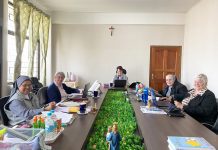
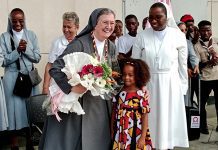
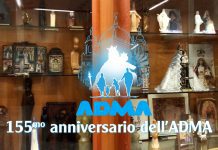

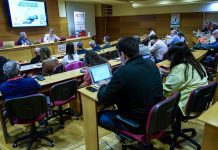
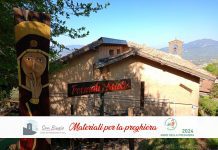
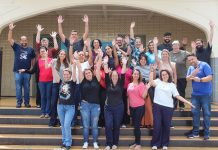
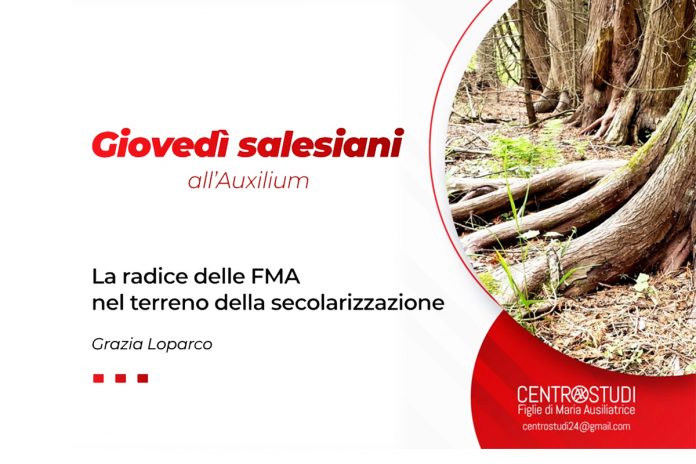










Gracias, interesante iniciativa. Felicitaciones!